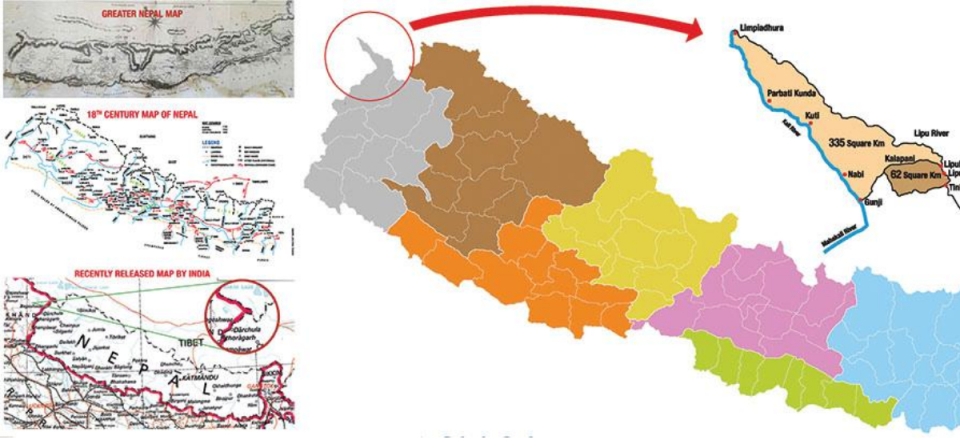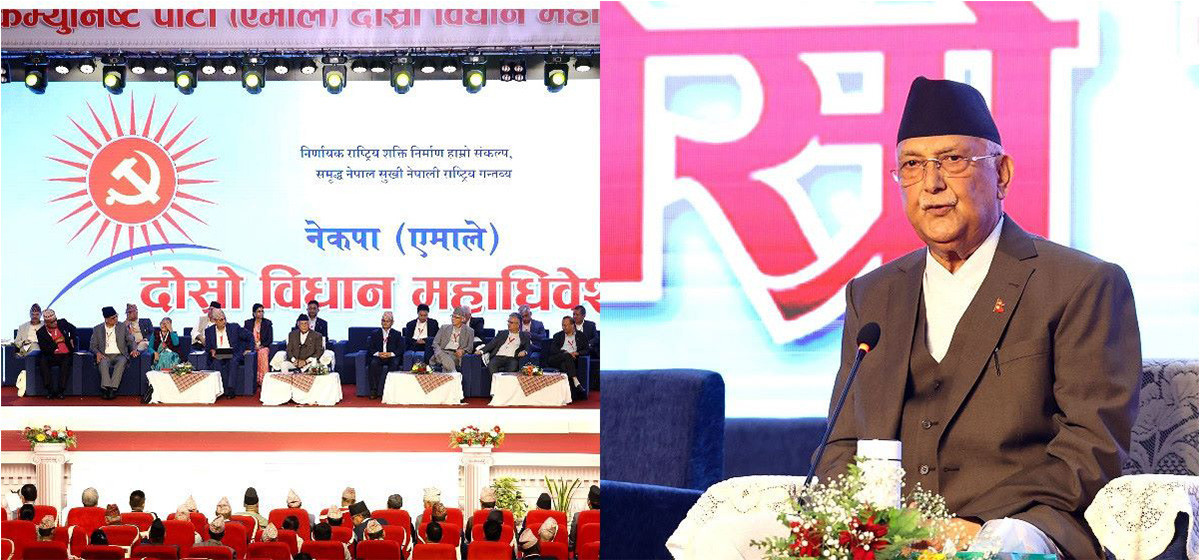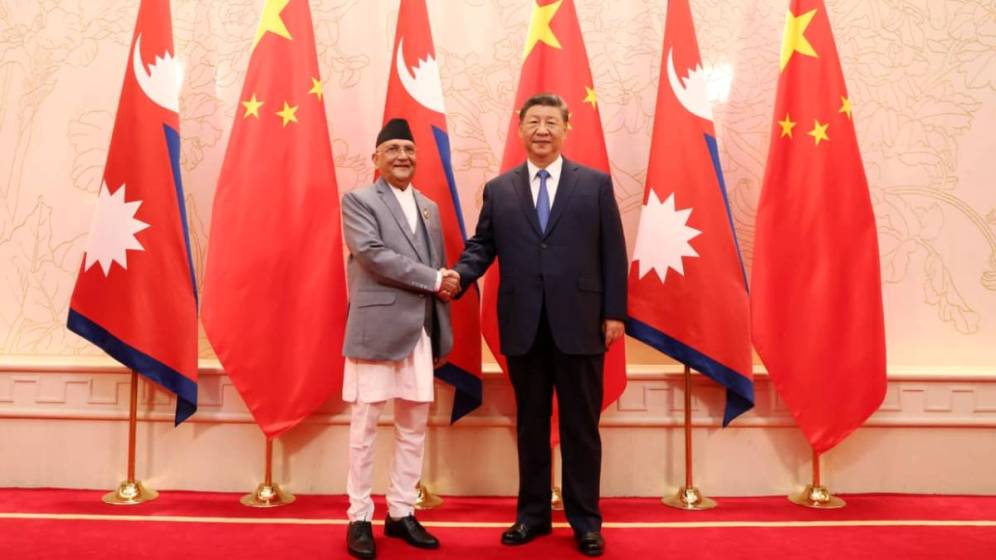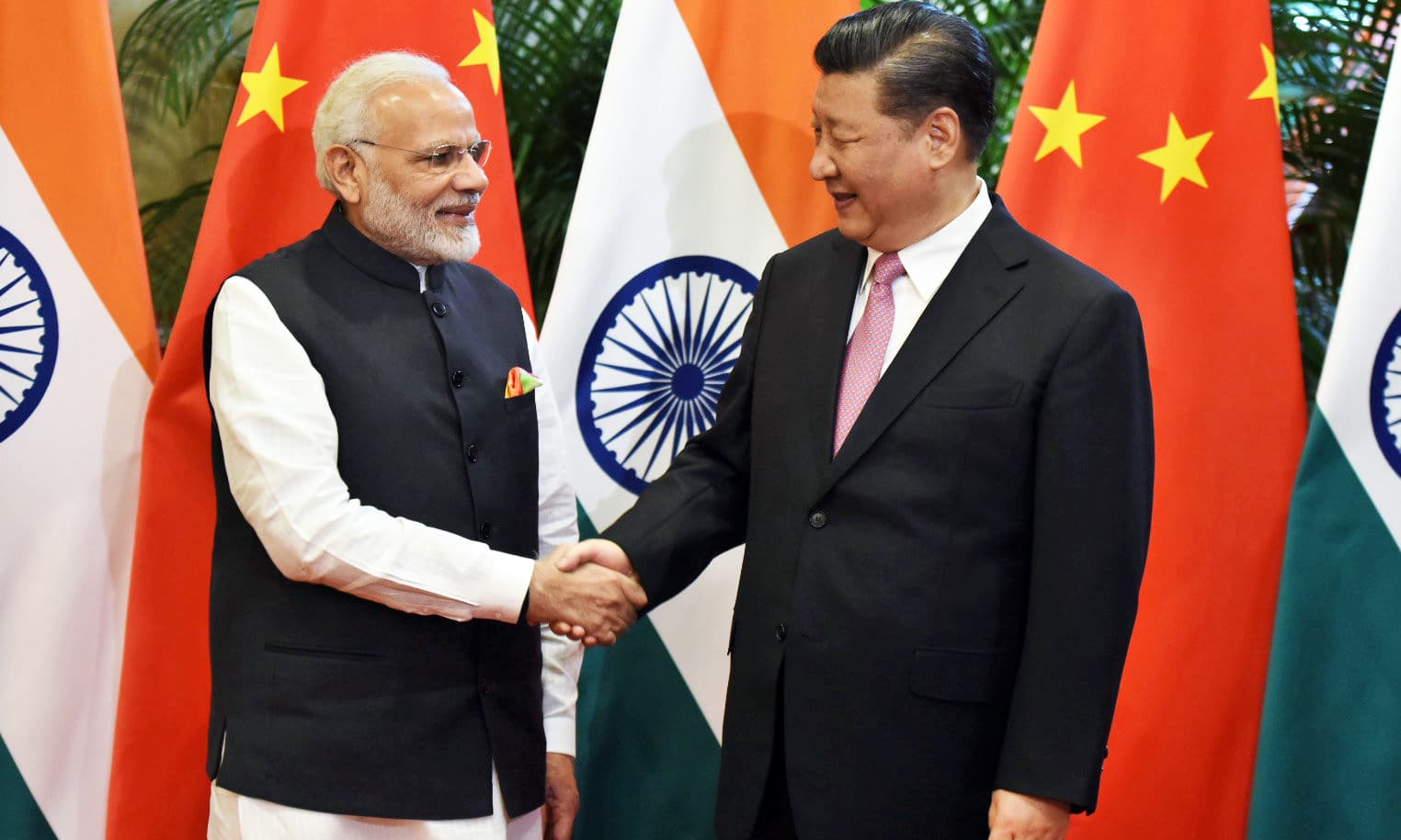KATHMANDU, Aug 22: Political parties across the aisle in Parliament have voiced strong opposition to the recent India-China agreement to conduct border trade through Lipulekh, a Himalayan pass Nepal claims as its sovereign territory.
Addressing the House of Representatives (HoR) on Thursday, Nepali Congress (NC) General Secretary Gagan Kumar Thapa called the deal “objectionable and unacceptable.” He criticized the two neighbours for making the agreement “in our absence” and urged the government to pursue diplomatic initiatives inclusively. Thapa emphasized the need for political unity on the matter, warning against turning it into a tool for domestic political rivalry or extreme nationalism.
The ruling CPN-UML also condemned the agreement. UML parliamentary party chief whip Mahesh Bartaula said the deal “without informing Nepal is unacceptable” and reaffirmed that Lipulekh and Kalapani are Nepali territories. He stressed that sovereignty and national pride are not determined by a country’s size and called for resolution through high-level diplomatic dialogue.
The agreement, reached on August 19 during Chinese Foreign Minister Wang Yi’s visit to India, has sidelined Kathmandu in a dispute over its own territory. Nepal’s Ministry of Foreign Affairs reiterated that Limpiyadhura, Lipulekh, and Kalapani are “integral parts of Nepal,” as reflected in the constitution and official maps. India, however, rejected Nepal’s claim, stating that unilateral enlargement of territorial claims is “untenable.”
Nepal sends ‘diplomatic notes’ to India and China over Lipulekh...
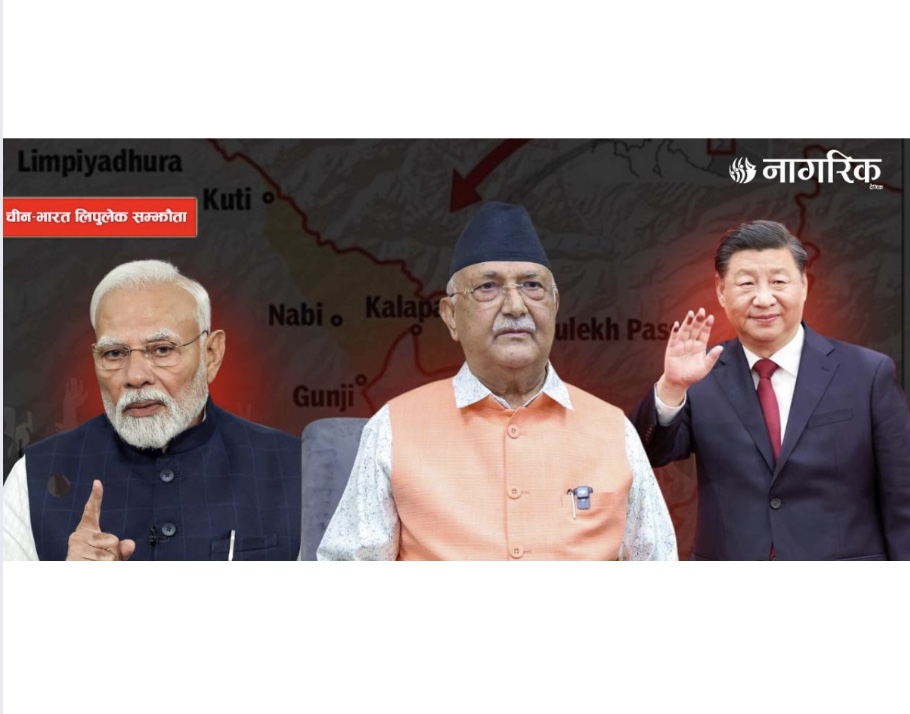
Senior Vice-Chair of the CPN (Maoist Centre), Narayan Kaji Shrestha, criticized the decision by India and China to operate the Lipulekh pass for bilateral trade without Nepal’s knowledge, involvement, or consent, calling it “objectionable and regrettable.” Shrestha noted that India has acknowledged the area as disputed, yet China proceeded without Nepal’s participation. He said repeated agreements of this nature have left Nepal and its people “shocked and dismayed.”
In a Facebook statement on Thursday, he emphasized that Nepal has consistently claimed Limpiyadhura, Kalapani, and Lipulekh as its own territory based on historical evidence. Recalling Indian Prime Minister Narendra Modi’s 2015 visit to China, Shrestha noted that Nepal had previously objected when India and China decided to use Lipulekh as a bilateral trade route and had sent diplomatic notes urging correction.
“By repeating the same mistake, India and China have again ignored Nepal’s sovereignty, inflicting a serious blow on our country’s dignity and sense of friendship,” he said. Shrestha urged both neighbours to recognize the sensitivity of the matter and resolve it in consultation with Nepal.
Speaking during Thursday’s zero-hour session of the HoR, Maoist Centre Chief Whip Hit Raj Pandey said the agreement concerning Lipulekh, reached without informing Nepal, was objectionable. “Today, Mother Nepal is in pain. The agreement by our friendly neighbours to open a trade route without even informing Nepal has created a serious situation,” he said. “We strongly object to and oppose the agreement reached on Lipulekh, Kalapani, and Limpiyadhura without Nepal’s knowledge.”
The party urged the government to resolve the issue through diplomatic and political dialogue with both neighbouring countries. “Protecting national sovereignty and territorial integrity is the government’s primary responsibility. We urge the government to take strong and effective diplomatic initiatives and engage in both diplomatic and political dialogue with our neighbours to safeguard sovereignty,” Pandey said.
Gyanendra Shahi, spokesperson of the Rastriya Prajatantra Party (RPP), urged Prime Minister KP Sharma Oli to create an environment of national consensus to resolve Nepal’s border disputes with India. In a social media statement, Shahi said that issues concerning Lipulekh, Limpiyadhura, and Kalapani are directly linked to Nepal’s sovereignty and territorial integrity. He called on all Nepalis to unite during this period.
“We are concerned to see this country, safeguarded with the blood and sweat of our ancestors, today trapped in territorial disputes. The borders of Nepal, defended against the British, Mughals, and Tibet, are a matter of pride for us,” Shahi said. He expressed serious concern over the recent agreement between India and China, which included Lipulekh and Limpiyadhura without Nepal’s consent. “At this sensitive moment, the need for all Nepalis to unite has increased further. No agreement is acceptable on the matter of nationalism,” he added.
Quoting Prime Minister Oli, Shahi called for immediate initiatives to bring together political parties, civil society, various organizations, and the public to create an environment of national consensus. “Only through unity and cooperation can we protect our sovereignty and territorial integrity. All Nepalis are ready to move forward together,” he said.
Former Foreign Minister and RPP-N Chairperson Kamal Thapa condemned the India-China agreement to resume trade through Lipulekh, calling it an attack on Nepal’s sovereignty. Reacting on social media to the August 20 agreement, Thapa urged the government to raise the issue forcefully and summon the Indian and Chinese ambassadors to formally protest. He also called on Prime Minister Oli to assert Nepal’s stance at the highest level during his upcoming visits to China and India, praising the government’s recent statement opposing the deal.
Thapa cited the 1816 Sugauli Treaty, under which all territory east of the Mahakali River belongs to Nepal, noting that India has maintained unauthorized control over areas including Limpiyadhura, Kalapani, Gunji, and Lipulekh. He recalled that India had previously recognized Lipulekh and Kalapani as disputed territories and committed to resolving the matter through dialogue.
“However, without Nepal’s consent, India and China have repeatedly reached agreements to facilitate trade through Lipulekh, a tri-junction point,” Thapa wrote. He stressed that Nepal has consistently raised the issue through diplomatic channels and described the latest agreement as “an attack on Nepal’s sovereignty.”



